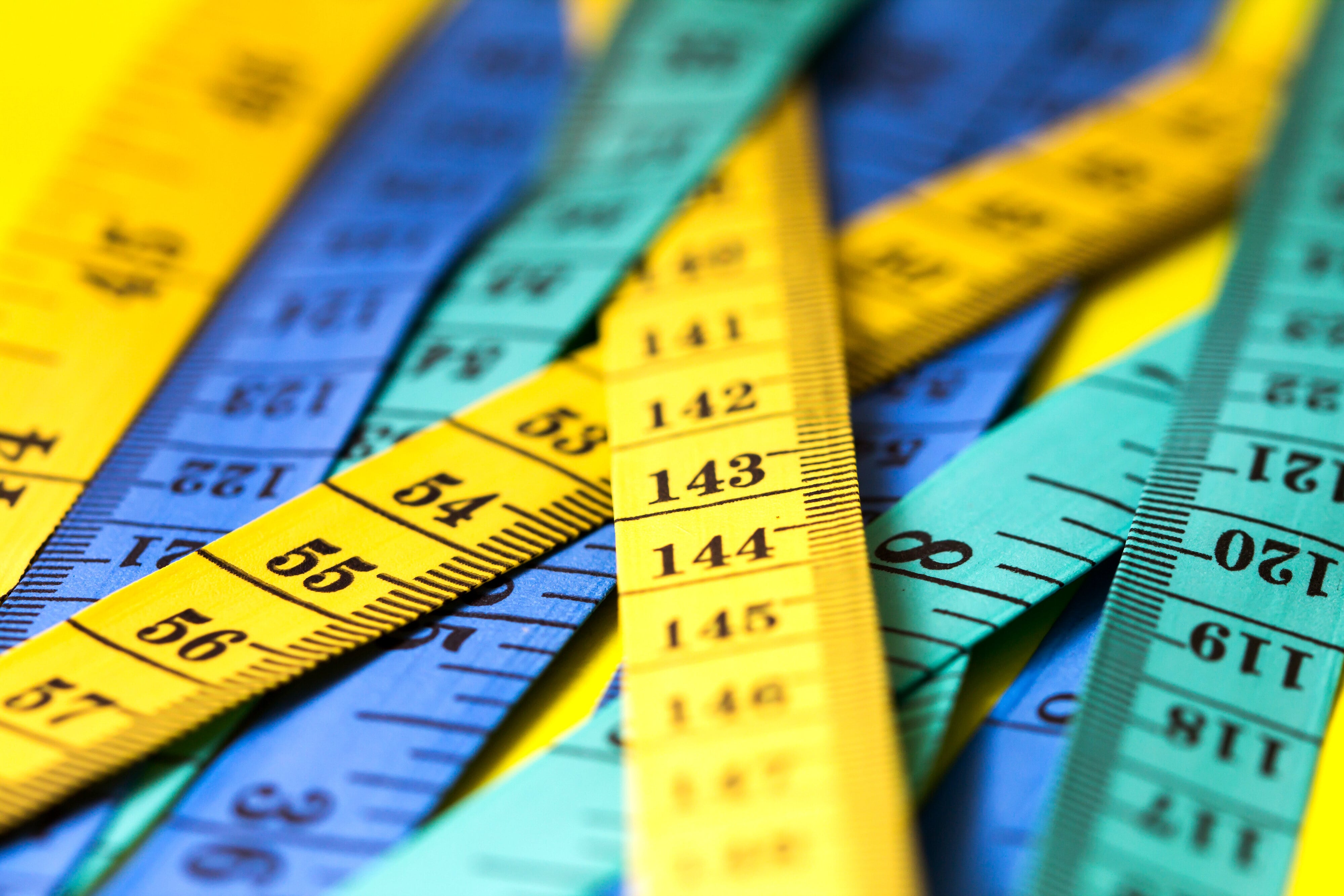Measurement lesson plans, activities and worksheets for years 1 to 6

Measurement lesson plans, activities and worksheets for years 1 to 6
Teaching children how to perform measurements is a core part of mathematics as a subject. Looking at the mathematics curriculum, you will see that measurement is a required part of teaching at key stage 1 and key stage 2. Some teachers feel anxious about teaching this part of the subject because they feel it is not exciting for their students. But with the right plan, you can turn that dread into excitement!
Make creating fun activities around measuring part of your lesson plan. And believe us, you will need that lesson plan! It will give you the edge you need to keep everything fun and interesting. Measuring lesson plans will give you the ability to structure your lessons, add in awesome elements, have great worksheets and know how to follow-up your students' progression correctly. Plus, you can keep on re-using them in the future!
First, let’s take a look at what teaching a measurement lesson plan involves, and how to make it a success.
What does a measurement lesson plan include?
Yes, https://blog.pango.education/maths-lesson-planning-how-to-plan-and-write-a-great-maths-lessonhttps://blog.pango.education/maths-lesson-planning-how-to-plan-and-write-a-great-maths-lessonhttps://blog.pango.education/maths-lesson-planning-how-to-plan-and-write-a-great-maths-lessonhttps://blog.pango.education/maths-lesson-planning-how-to-plan-and-write-a-great-maths-lessonhttps://blog.pango.education/maths-lesson-planning-how-to-plan-and-write-a-great-maths-lesson can be a difficult thing to fit into your everyday schedule, but the rewards make it well worth your while. You should never overlook the importance of a well thought out lesson plan; it is something you can always fall back on if you are feeling a bit lost during the lesson. You can start teaching with a clear mind, because you know how to start your lesson and how to make sure every student understands what is being taught. You will know how to keep them focused and how to assess what they have learned.
Here are some important things to write into your lesson plan:
Objectives
When making your lesson plan, the first thing you need to know is what the objective of the lesson will be. Having a clear goal makes it easier to see the steps you need to get there. Share that goal with your students to give them something to achieve, and most importantly, reward them when they achieve it. Your students will be more eager to focus and put in the necessary work. For a measurement lesson plan such an objective might be: by the end of the class, your students should be able to independently measure liquids correctly.
Activities
As we all know, us being teachers and all, measurements can be a boring topic to teach about. So spice things up a bit by doing activities with your students revolving around the topic. You can bring sand or water to the class to help them measure everything out visually. Or why not go outside with a meter and start measuring distances between two objects. Make it fun and/or interesting, and you can rest assured you will have an enthusiastic crowd to teach.
Assessments
To help yourself along, add in an assessment part in your lesson plan. To remind yourself to regularly check how far your students have come, if they are still on the right track and to see who needs some extra help in understanding everything. You can use many different assessment techniques, ranging from a regular test to doing little fun quizzes or just asking questions at the end of every lesson.
Now that you know why having a measuring lesson plan is vital and we have explained some of the most important plans to integrate into it, it is time to get into more detail.
Year 1 measurements worksheets and activities
In year 1 you can start slow with some easy introductions to measuring. Ask you students to compare lengths and heights and let them have some fun with it. And teach them how to reason regarding measurements. You can use measurement worksheets and lessons like these to support your planning and ensure your covering key curriculum requirements.
Year 2 measurements worksheets and activities
In the year 2 students learn everything about how to solve a problem. Topics like money can be introduced in the classroom and you can teach them how to reason correctly. If you are searching for worksheets and lesson plans, there is a great library of year 2 measurement resources here.
Year 3 measurements worksheets and activities
Money has been introduced, now it is time to check out… Time! Not the easiest of topics, but most of your students will probably already have a grasp on how to read time thanks to their parents and an intro to time in KS1. With fun worksheets and lessons and introducing a clock into the classroom, you can keep it exciting for your pupils.
Year 4 measurements worksheets and activities
Now it is time to make things even more interesting. In year 4 it could be a great idea to take some visual items into the classroom, like chocolate bars or a rubiks cube with some missing cubes. Because it is time to teach your students everything about area, weight and volume.
Year 5 measurements worksheets and activities
In Year 5, pupils build on concepts produced in previous years. For example, pupils will learn how to calculate perimeter and understand metric units. Lots of measurement and protractor work will make for some fun lessons!
Year 6 measurements worksheets and activities
Year 6 pupils are the bosses of measurements. Especially after they have learned how to do unit conversions and order metric distances. No mountain is high enough for these students!
Lesson planning with Pango
We understand that this article might be a lot of information for you. Who is feeling the overload? Not to worry though! Have a look at Pango if you are feeling overwhelmed. It is a fantastic platform that can help you prepare any type of lesson you want. It is packed with schemes, units, lessons, resources and worksheets from award-winning resources providers to make your job as a teacher that much easier!



